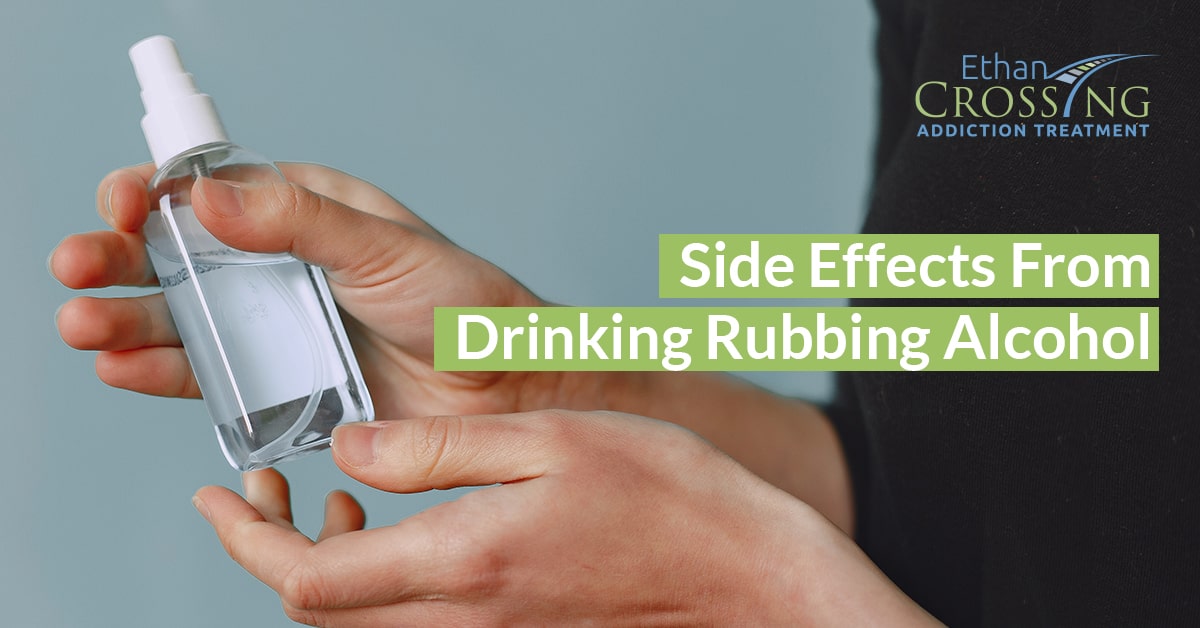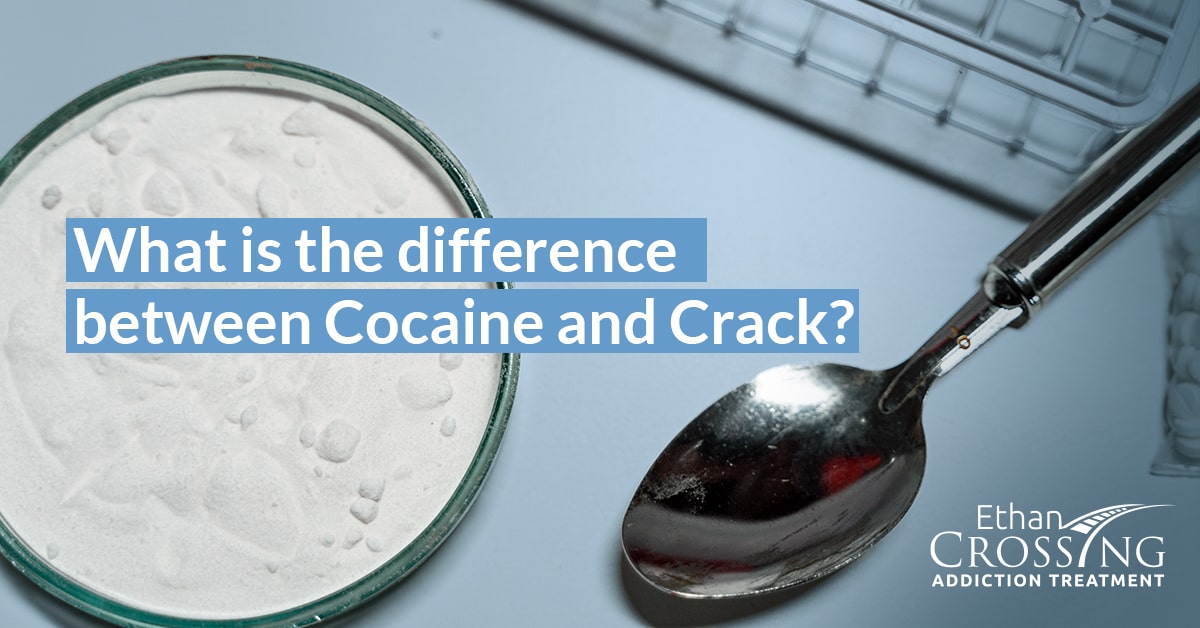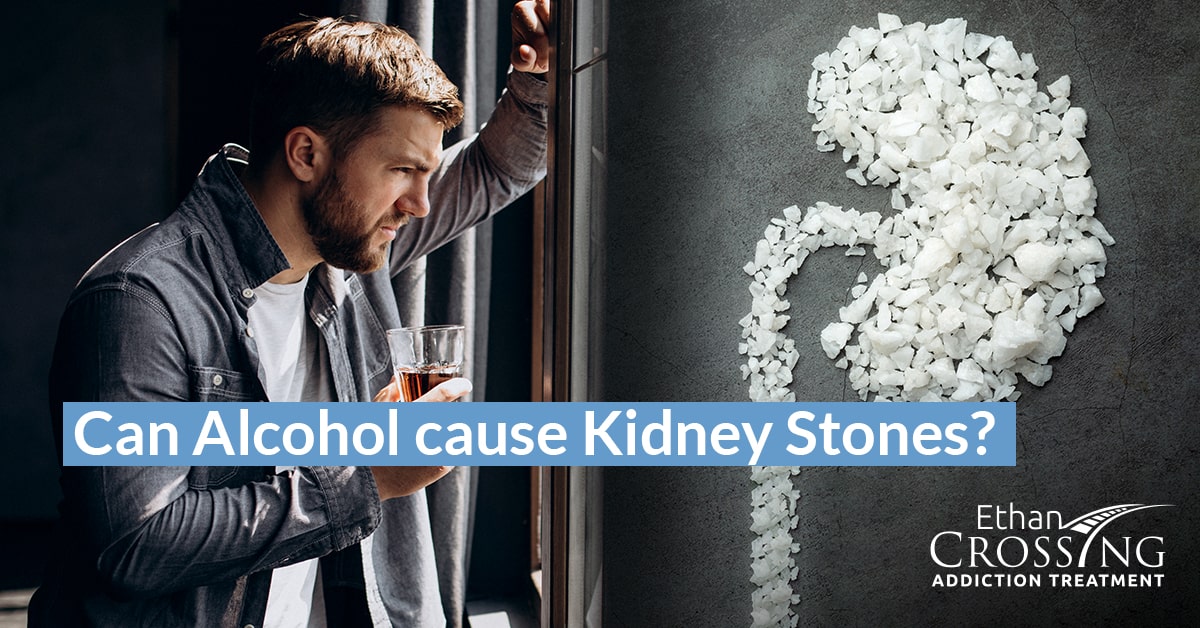Different Types Of 12 Step Therapy
The Twelve Steps are a cornerstone of the recovery movement to help people overcome their addictions. They have also been significant in helping people with mental health disorders and other types of mental distress. But what exactly is the difference between these different types of 12 step therapy? To understand the different types of 12…
Details













